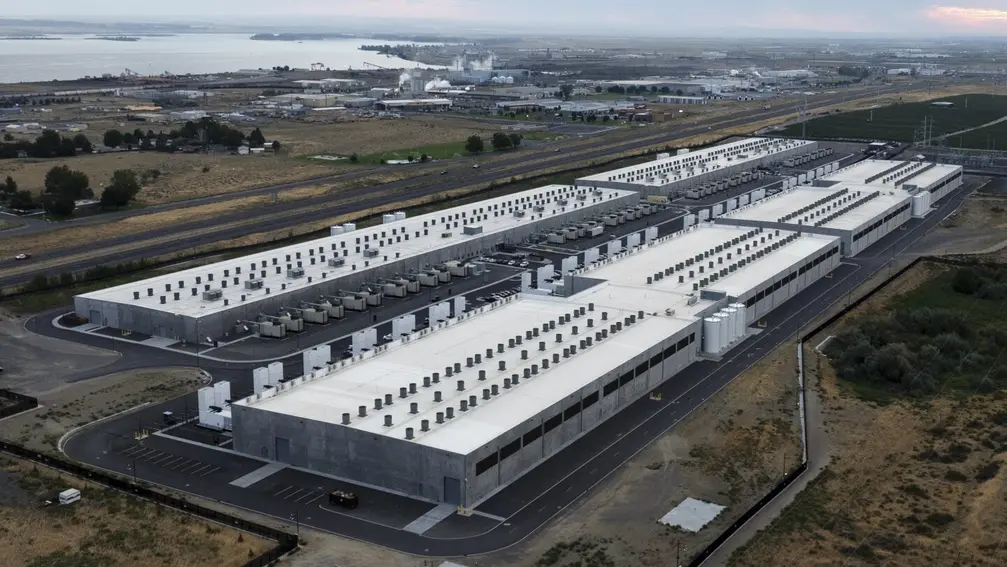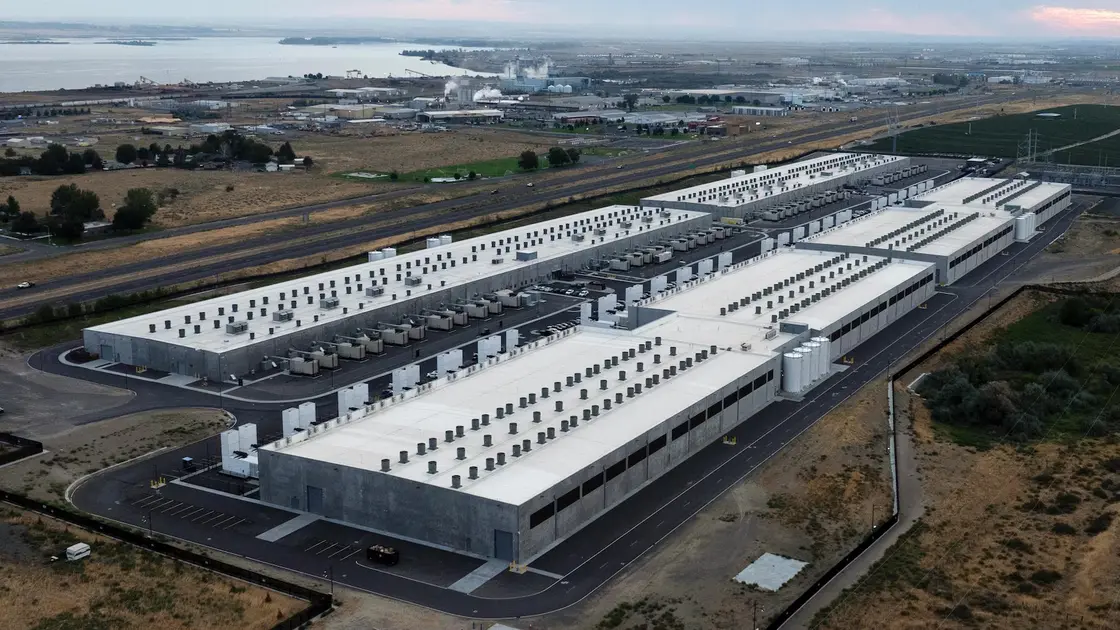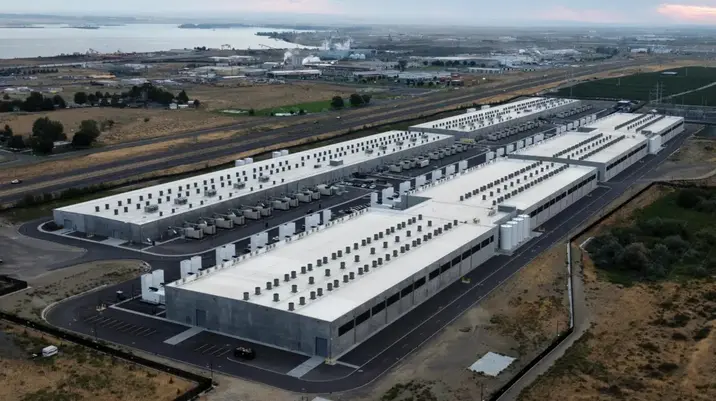T4K3.news
States push higher power charges for data centers
States are weighing higher rates and new charges for data centers as bills rise and the grid expands to support AI infrastructure.

States seek to shield ratepayers from the rising energy costs tied to large data centers while balancing a growth push for tech giants.
States push higher power charges for data centers
Rising electric bills have pushed state lawmakers and regulators to rethink who pays for the energy that powers large data centers. These facilities, which host the servers for major tech firms, consume enormous amounts of electricity and are driving a wave of new power plants and transmission lines. While some officials say the extra charges are necessary, others warn that the impact on residential and small-business customers is hard to measure and may be felt indirectly through higher rates. Analysts note that the results depend on how utilities price and allocate transmission costs, a question that remains unsettled even as data centers expand.
Across states, governments are testing options to ensure data centers pay a larger share of the grid upgrades they require. Oregon has moved to develop higher rates for data centers, and New Jersey has tasked regulators with studying rate increases and a specialized billing scheme. Indiana reached a settlement that offers consumer protections but still leaves questions about how usage is disclosed. Regulators say the outcome will hinge on policy design and how much of the expansion burden falls on the facilities themselves, not general ratepayers. PJM Interconnection has yet to publish a final framework, while watchdogs discuss the possibility of data center procurement to curb overall costs.
Key Takeaways
"Ratepayers should not bear the cost of a few giants power needs"
Public demand for fair cost sharing across rate classes
"Utilities must prove data centers pay their fair share of transmission costs"
Regulators seeking transparency in cost allocation
"The grid is changing but households are being asked to fund it"
Editorial emphasis on potential cost shifts
"Higher rates for data centers could slow growth if not balanced"
Policy tradeoff between growth and affordability
The dispute frames a broader clash between economic growth and affordability for households. Data centers are a cornerstone of the AI and cloud era, bringing investment but also pressure on the grid. A Harvard study highlighted how utilities may tilt pricing in favor of big customers, risking a cost shift that falls on regular ratepayers. The debate also highlights a lack of transparency around who pays for upgrades and how benefits are measured. Public interest in this question is rising as bills grow and outages threaten stability.
Policy choices exist but they are not simple. Higher local charges could reduce cross-subsidies, yet they might deter business and spark political backlash. Requiring data centers to secure their own power or developing clearer reporting of usage could improve accountability, but both options carry costs and implementation hurdles. In short, the next steps will reveal whether the grid can grow to meet demand without placing an unfair burden on everyday users.
Highlights
- Ratepayers should not bear the cost of a few giants power needs
- Utilities must prove data centers pay their fair share of transmission costs
- The grid is changing but households are being asked to fund it
- Higher rates for data centers could slow growth if not balanced
Budget and political risk to ratepayers
Rising electricity costs tied to data center growth may hit households hardest and trigger political backlash. The policy path is uncertain and could lead to litigation or regulatory reforms.
The coming years will test how the grid grows without breaking homes.
Enjoyed this? Let your friends know!
Related News

Data centers push states to redefine power costs

Power bills rise as data centers face new scrutiny

AI tools expand in workplaces

Manufacturing revival linked to new US tariffs announced

Executives urge Senate to invest in AI infrastructure

Record muggy heat hits the eastern United States

UK mandates new online safety regulations

Trump policy wins met with looming backlash
